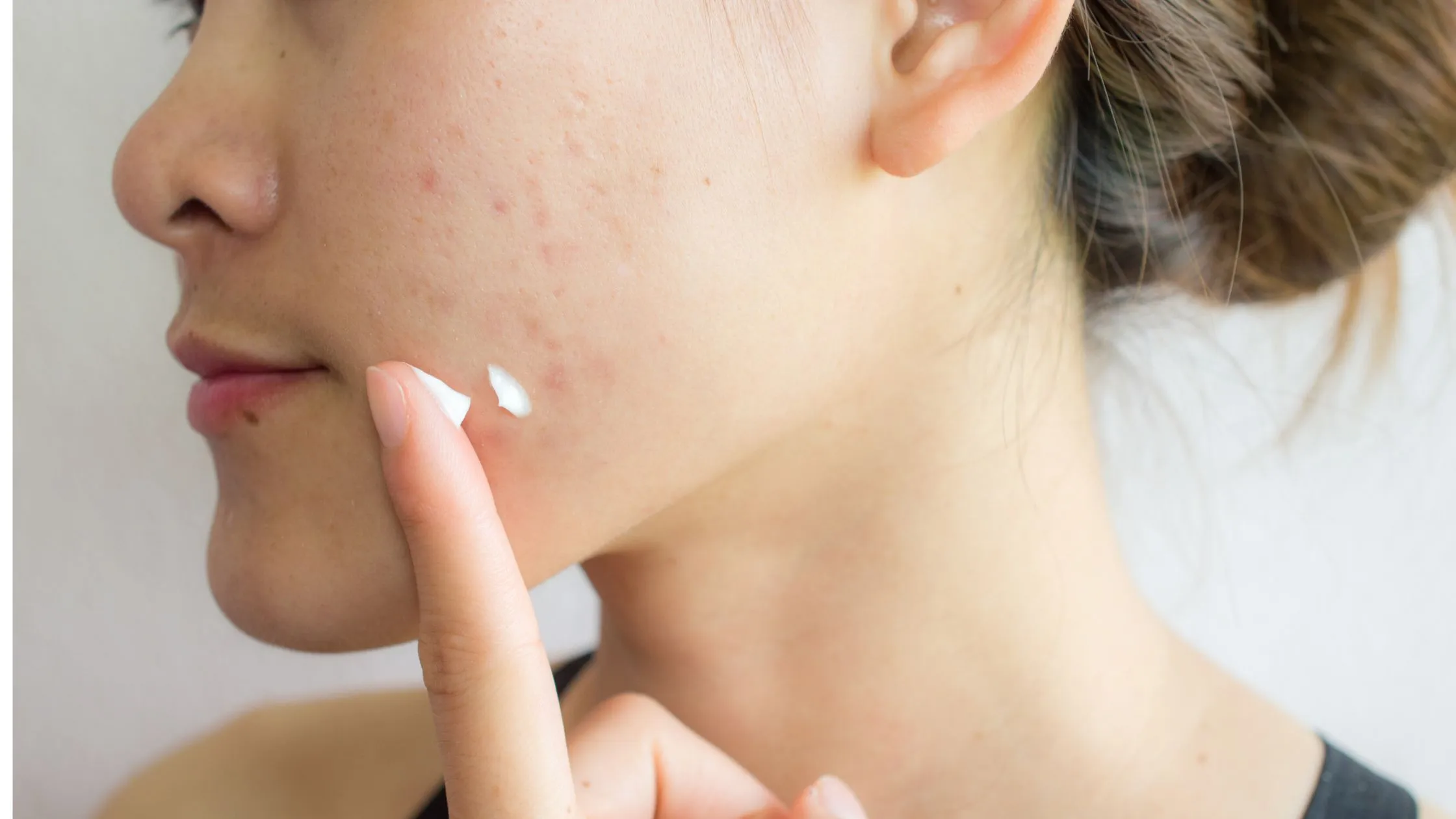Best Sunscreens for Oily, Acne-Prone Skin: Your Guide


Finding the right sunscreen can feel like a daunting task, especially if you have oily or acne-prone skin. Many sunscreens can leave your skin feeling greasy, contribute to breakouts, or leave behind an unsightly white cast. However, it’s crucial to protect your skin from harmful UV rays, which can exacerbate acne and lead to hyperpigmentation. So, what sunscreen is best for oily, acne-prone skin? Let’s explore the essentials you need to know.
Oily skin is characterized by an overproduction of sebum, which can lead to clogged pores and acne. Acne-prone skin is not just about the presence of pimples; it also includes issues like blackheads, whiteheads, and post-inflammatory hyperpigmentation. When choosing a sunscreen, it's essential to opt for products that are non-comedogenic, meaning they won’t clog your pores.
When shopping for sunscreen, consider the following ingredients that are beneficial for oily, acne-prone skin:
There are two main types of sunscreens: chemical and physical (mineral). Understanding the difference can help you make an informed choice.
To maximize the effectiveness of your sunscreen, consider these application tips:
While specific product recommendations are not provided, here are some formulations that are generally well-suited for oily, acne-prone skin:
Many people believe that if they have oily skin, they can skip sunscreen. This is a myth! Sunscreen is essential for everyone, regardless of skin type. Not using sunscreen can lead to skin damage, increased oiliness, and even more breakouts due to sun exposure.
Some sunscreens can clog pores and lead to breakouts, especially if they contain heavy oils or are not labeled as non-comedogenic. Always choose products specifically formulated for oily or acne-prone skin.
Reapply sunscreen every two hours, or immediately after swimming or sweating. If you're using makeup, consider a powder sunscreen for easy reapplication.
Yes! UV rays can penetrate windows, making sunscreen necessary even when you’re indoors or on cloudy days.
Incorporating a sunscreen that suits your skin type is just one part of a holistic skincare routine. Consider adding products that complement your sunscreen:
Every skin type is unique, and what works for one person may not work for another. It's essential to listen to your skin and adapt your routine as needed. By empowering yourself through authentic self-expression and focusing on holistic wellness, you can foster a community that embraces diversity and personal growth.
Choosing the right sunscreen for oily, acne-prone skin is crucial for maintaining healthy skin. Look for non-comedogenic, lightweight formulations that provide adequate sun protection without contributing to breakouts. By understanding your skin's needs and incorporating effective products into your routine, you can achieve a radiant complexion while protecting your skin from the sun's harmful rays.
As you embark on your skincare journey, remember that your skin deserves the best care possible. Explore options that resonate with your values, and don’t hesitate to seek out community support as you navigate your path to wellness.